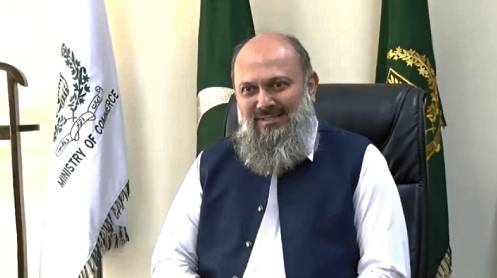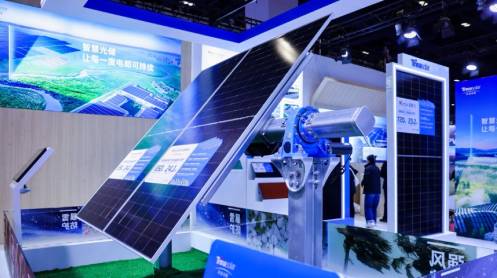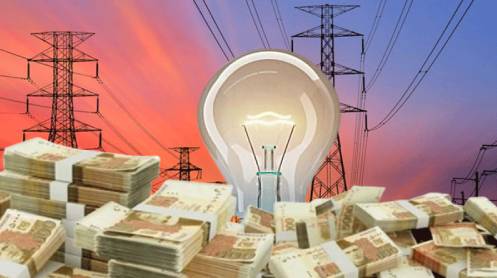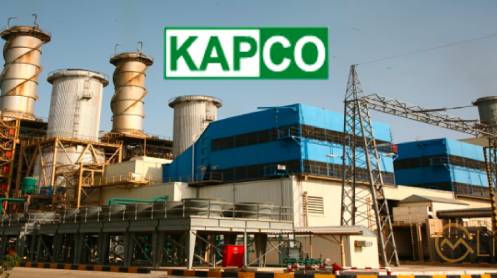ISLAMABAD: Commerce Minister Jam Kamal Khan has championed the efficiency of over 100 Captive Power Plants (CPPs), asserting they outperform Independent Power Plants (IPPs) and K-Electric (KE) plants. He has urged the Prime Minister to instruct the Petroleum Division to establish audit criteria for the energy efficiency of captive plants in the export sectors based on global standards. Additionally, he requested the continuation of gas/RLNG supplies to compliant captive plants certified by authorized third-party auditors.
Sources revealed that the commerce minister commended the Prime Minister for addressing export sector issues to reduce manufacturing costs, enhance international competitiveness, and boost national exports amid a challenging global business environment.
The Prime Minister recently announced an industrial electricity tariff of Rs34.99 per kWh (all-inclusive) excluding cross-subsidies for industrial consumers, aimed at maintaining export competitiveness and regaining global trade share once approved by NEPRA and the federal cabinet.
In a letter to the Prime Minister, Kamal highlighted a critical issue that could have severe socio-economic repercussions and exacerbate the circular debt in the gas/RLNG sector. He pointed out that the Petroleum Division had proposed to the Economic Coordination Committee (ECC) to revise the indigenous gas tariff for industry (captive power) from Rs2,750 to Rs3,000 per Mmbtu. The ECC approved this proposal on June 30, 2024.
Kamal argued that the gas/RLNG blended tariff for the industry (captive power) has increased significantly in the past two years, adversely affecting competitiveness as regional competitors offer an average tariff of $9. He emphasized the unpredictability of gas/RLNG tariffs in Pakistan due to frequent changes in blend ratios by gas companies.
According to data from the Petroleum Division and PRAL database, 349 companies with 49% of total gas/RLNG connections contributed $13.3 billion in FY22. Kamal also noted that captive plants in export industries are more efficient than those of GENCOs, IPPs, and K-Electric, with a comparative efficiency of 62.70% for captive plants versus 38.36% for GENCOs, 40.39% for KE and its IPPs, and 45.28% for other IPPs.
The Petroleum Division has indicated that the captive power plants of industry will be phased out of the gas grid by January 2024 as per recent IMF meetings. Kamal warned that this could lead to a decline in exports, resulting in loss of foreign exchange, employment, services, and revenue for the FBR.
To support socio-economic development, Kamal proposed that the Prime Minister direct the Petroleum Division to:
Devise audit criteria for energy efficiency of captive plants in export sectors based on global standards.
Continue gas/RLNG supplies to compliant captive plants certified by third-party auditors.
Remove the burden of cross-subsidies on export sectors.
Supply gas/RLNG to export sectors at regionally competitive tariffs with a fixed blend ratio for predictability, avoiding frequent changes by gas companies.
Story by Mushtaq Ghumman





